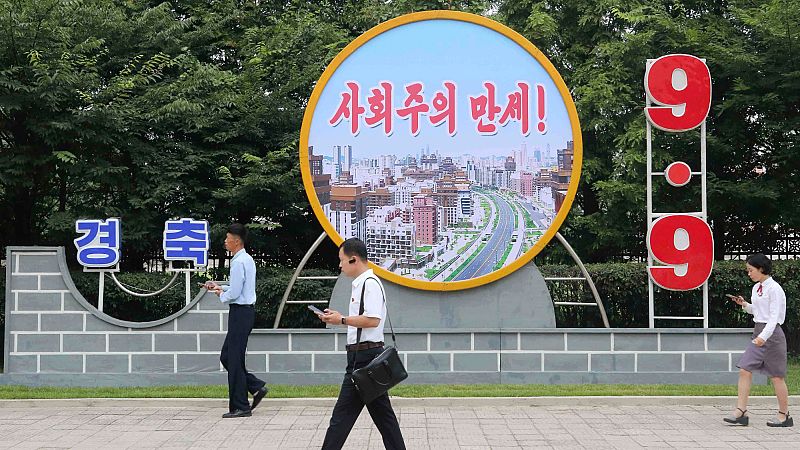North Korea executes more people for watching foreign films, UN report finds

North Korea appears to be increasing its use of the death penalty for actions like watching or sharing foreign films, a new major UN report has found.
Evidence suggests that forced labour at sites such as coal mines is also becoming more common in the isolated country, according to the UN Human Rights Office.
Orphans and members of poor families are often targeted for such dangerous work, it noted.
Based on interviews with more than 300 people who have escaped the country over the past decade, the report concluded that North Korea is more closed off than ever.
Its residents are “subjected to unremitting propaganda by the state for their entire lives”, with restrictions worse there than in any other country, the UN concluded.
One escapee said that increased crackdowns in recent years were intended to “to block the people’s eyes and ears”.
“It was a form of control aimed at eliminating even the smallest signs of dissatisfaction or complaint,” they added.
Publicly shot by firing squads to discourage others
Since Kim Kong-un took power after his father’s death in 2011, more laws have been introduced that allow for the death penalty. One concerns the viewing and distribution of foreign-made media content.
North Korean interviewees told the UN that from 2020 there have been more executions based on this law.
Those found guilty are shot by firing squads in public in a bid to discourage others from following suit, escapees said.
Meanwhile, the country’s population still has its right to food violated, with state policies responsible for hunger, the report suggested.
Speaking about the findings of the report, UN Human Rights Chief Volker Türk described the last 10 years as “a lost decade” for North Korea.
“And it pains me to say that if (North Korea) continues on its current trajectory, the population will be subjected to more of the suffering, brutal repression and fear that they have endured for so long,” he said.
“The hundreds of interviews conducted during the course of this reporting shows a clear and strong desire for change, particularly among young people," Türk added.
Today

